Researchers at Hebrew SeniorLife’s Hinda and Arthur Marcus Institute for Aging Research in the U.S. found that inhaling hydrogen-rich gas reduces exercise fatigue.
From Hebrew SeniorLife Hinda and Arthur Marcus Institute for Aging Research 04/08/24

A new study published in the International Journal of Sports Medicine, titled “Inhalation of hydrogen-rich gas before acute exercise alleviates exercise fatigue,” has found a possible novel intervention for exercise-induced fatigue.
A cross-discipline international team of U.S. and Chinese researchers, including those at Hebrew SeniorLife’s Hinda and Arthur Marcus Institute for Aging Research, conducted the study.
They found that inhaling hydrogen-rich gas (HRG) before engaging in acute exercise can significantly reduce fatigue and enhance performance.
The research involved 24 healthy adult men who were tested for their maximum cycling power (Wmax) and maximum cycling time (Tmax).
In a double-blind, counterbalanced, randomized, and crossover design, participants inhaled either HRG or placebo gas (air) for 60 minutes before cycling at 80% Wmax until exhaustion.
Key findings from the study include:
- Reduced Perceived Fatigue: Participants who inhaled HRG reported significantly lower scores on the Visual Analog Scale (VAS) for fatigue compared to those who inhaled placebo gas.
- Improved Exercise Performance: HRG inhalation improved cycling frequency during the final 30 seconds of the exercise and reduced the rating of perceived exertion (RPE) at both the beginning and end of the ride.

- Oxidative Stress Markers: HRG inhalation showed a significant improvement in the ability to inhibit hydroxyl radicals and lower serum lactate levels after exercise, indicating reduced oxidative stress.
- Functional Performance: While HRG did not significantly impact counter-movement jump (CMJ) height or glutathione peroxidase activity, the overall benefits on fatigue and oxidative stress markers were notable.
“The study’s findings suggest that HRG inhalation prior to exercise could be a valuable strategy for athletes and fitness enthusiasts looking to enhance performance and recovery,” said Junhong Zhou, PhD, assistant scientist II, Hinda and Arthur Marcus Institute for Aging Research, Hebrew SeniorLife.
He added that by mitigating fatigue and improving markers of oxidative stress, HRG has the potential to support more effective training and better overall health outcomes.
The study opens new avenues for exploring the benefits of hydrogen-rich gas in sports and exercise science.
As further research continues, HRG inhalation may become a widely adopted practice for enhancing athletic performance and combating exercise-induced fatigue.
More info
You may also be curious about:
-

Oxford physicists recreate extreme quantum vacuum effects in simulation
-

Tiny device spins blood clots away
-
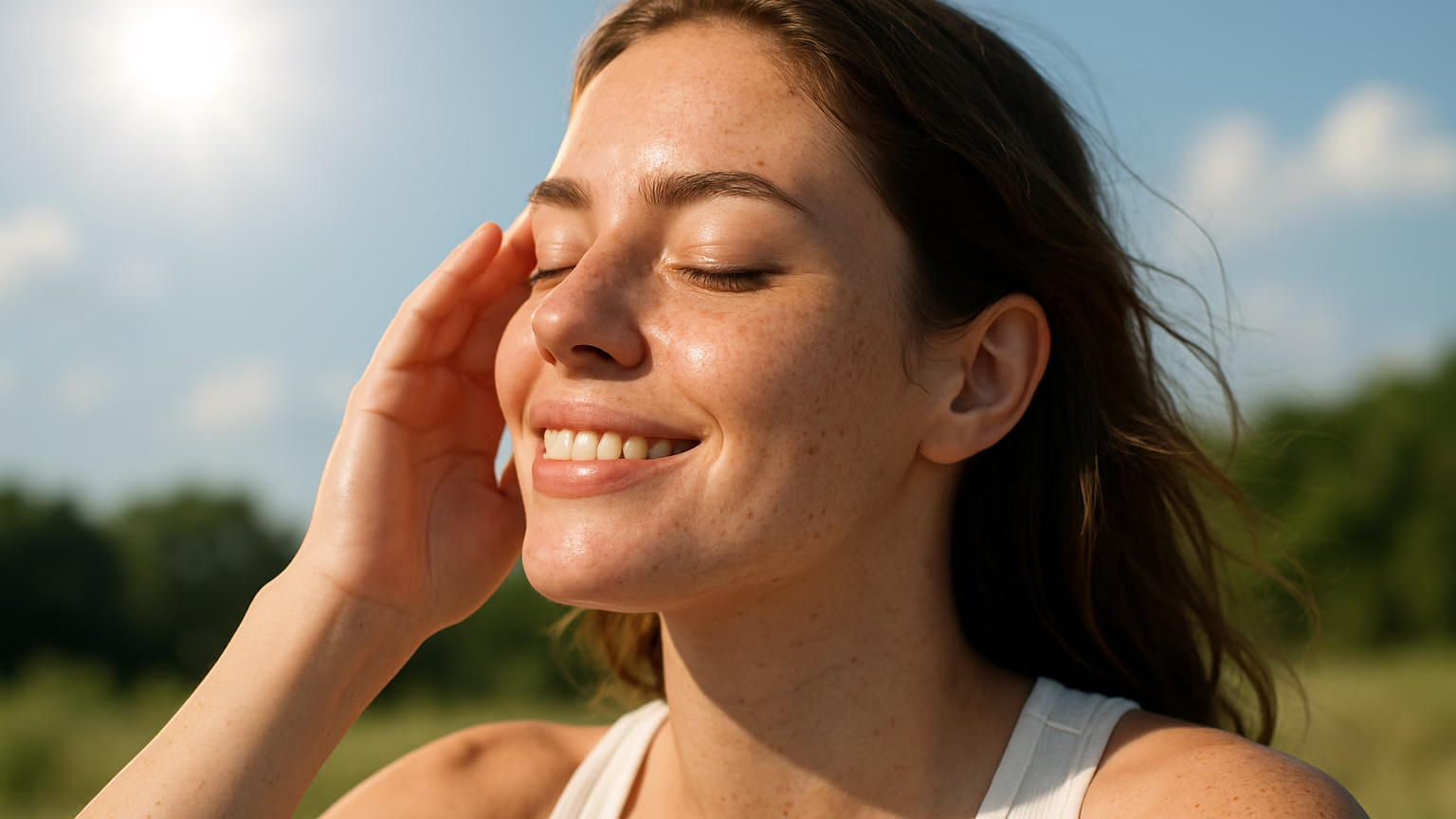
Skin bacteria help protect us from sunlight
-

New brain-reading video game reduces chronic nerve pain
-
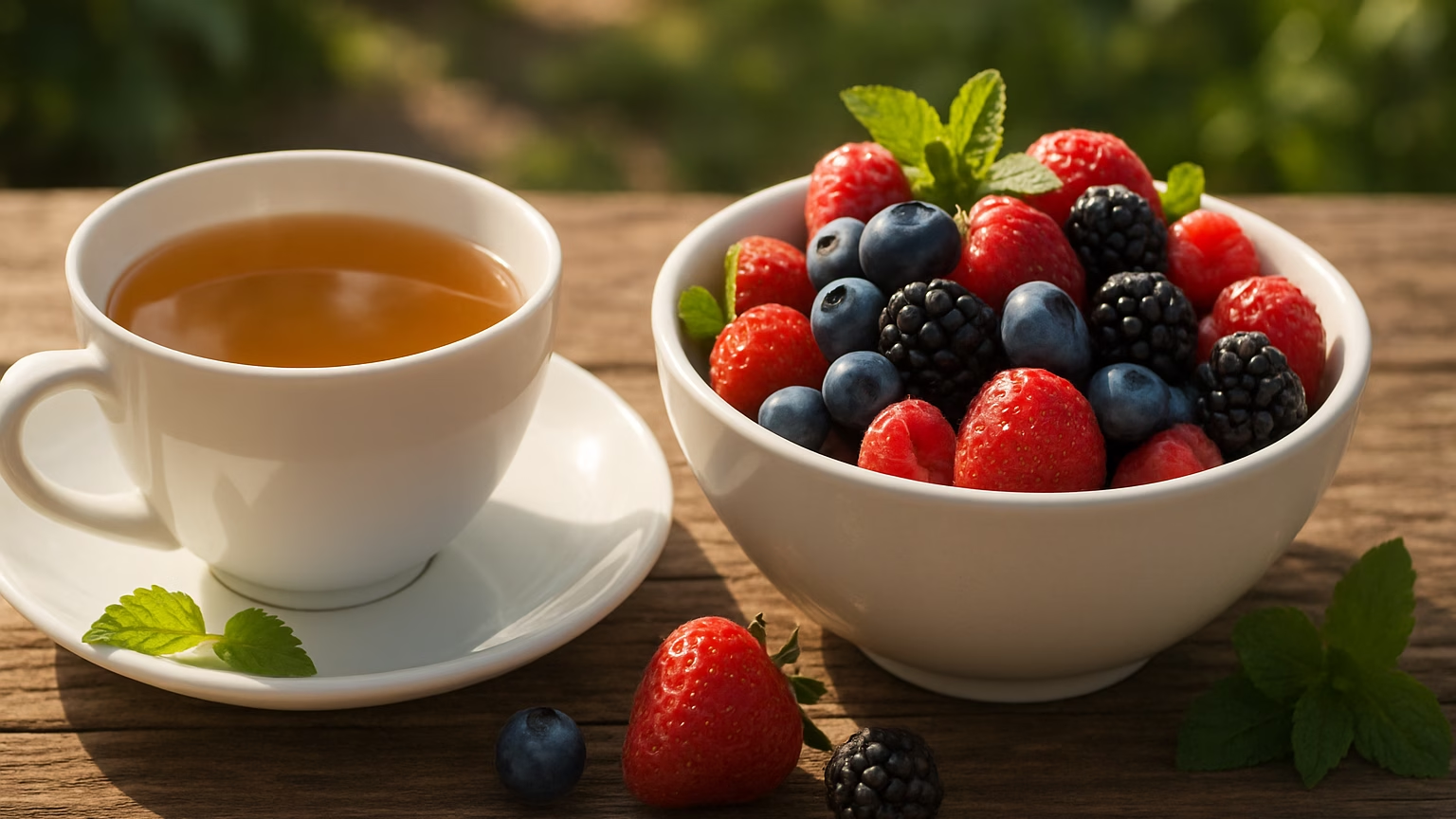
Black tea and berries could contribute to healthier aging
-

Viral mouth-taping trend ‘sus’ says Canadian sleep expert
-
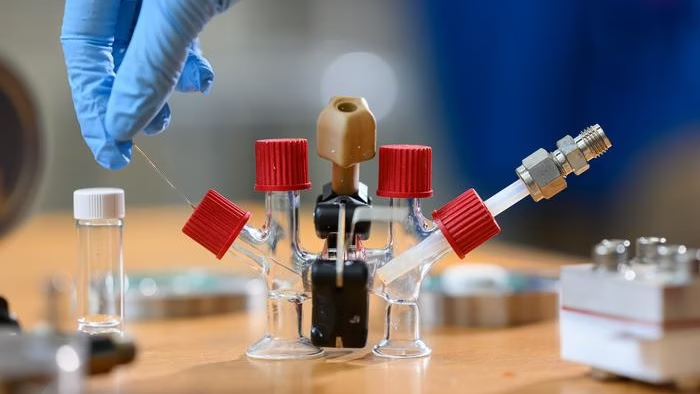
New sodium fuel cell could enable electric aviation
-

The most extreme solar storm hit Earth over 14,000 years ago, scientists identify
-
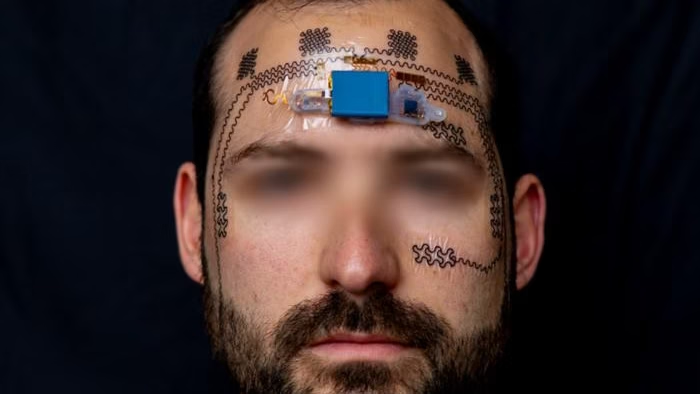
Electronic face tattoo gauges mental strain
-
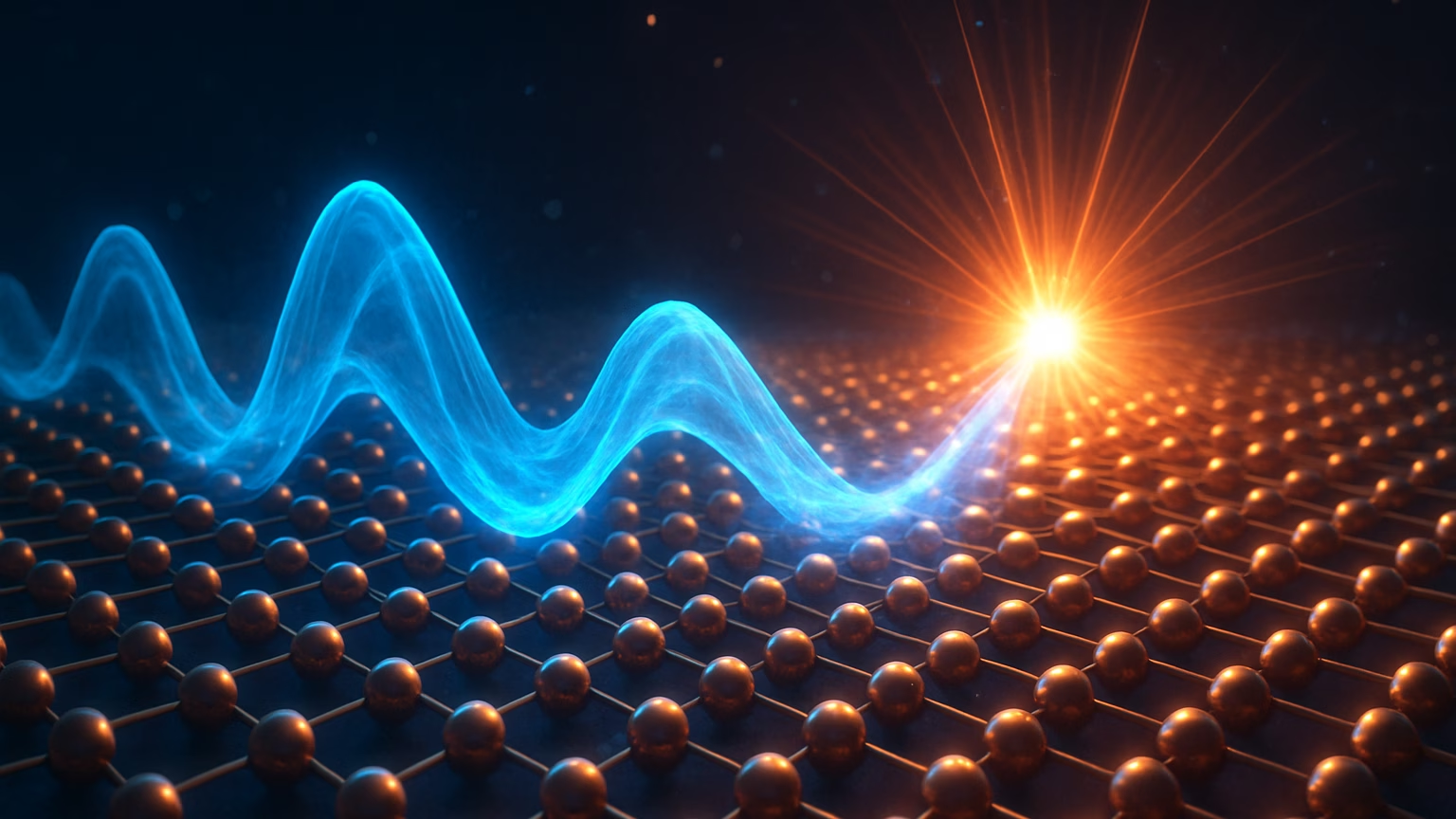
Solitonic superfluorescence paves way for ambient temp quantum computing
-
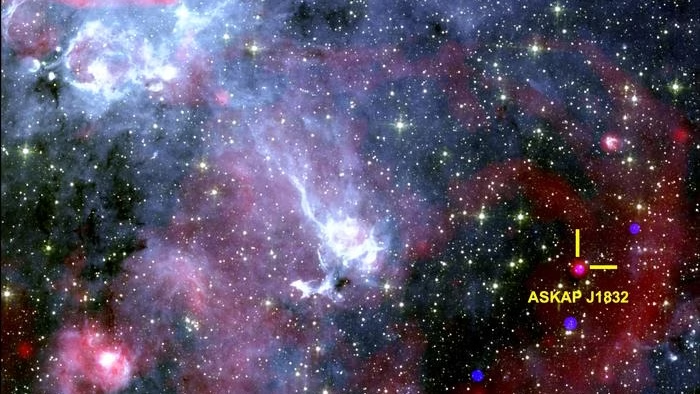
Cosmic mystery deepens as astronomers find object flashing in both radio waves and X-rays
-

The rotors are also the wheels on this morphobot
